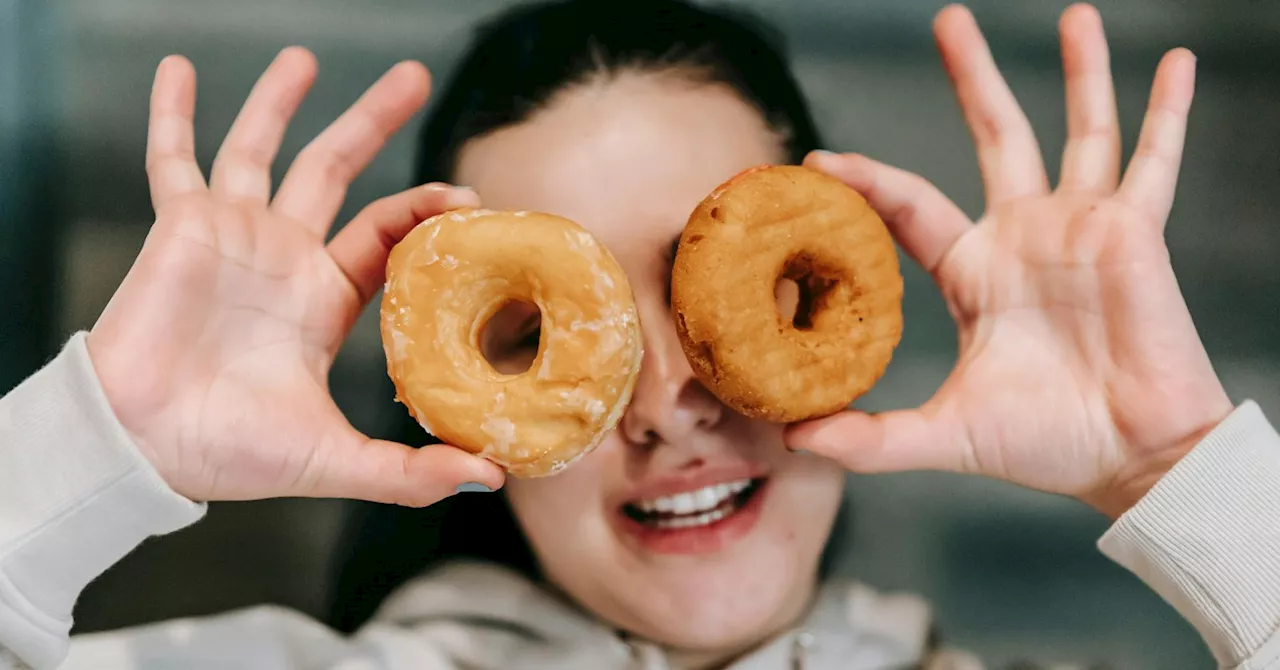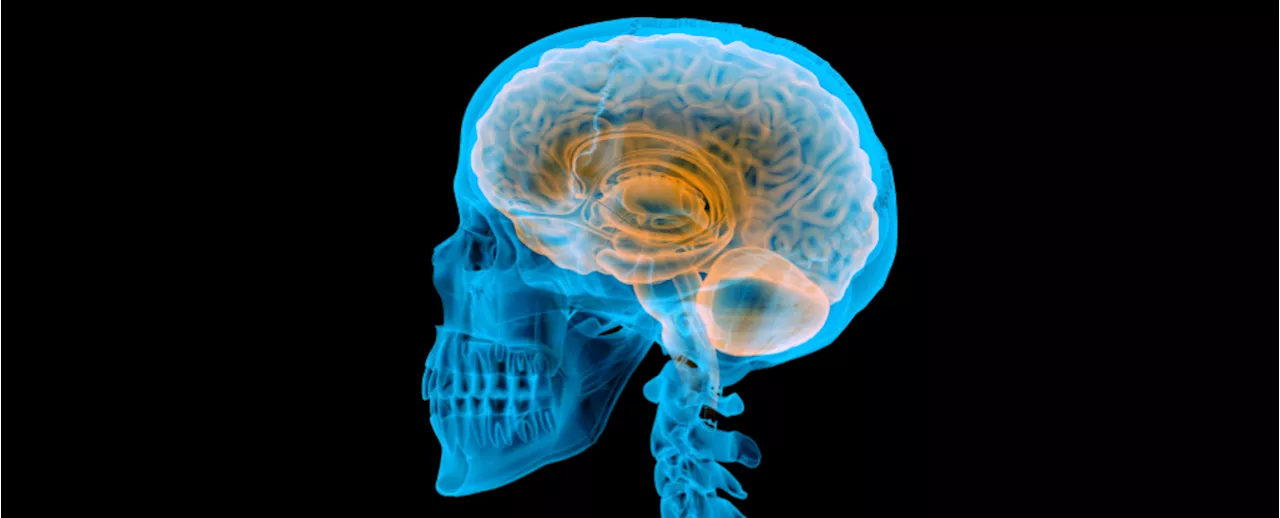A new study suggests that a specific cognitive biotype, characterized by difficulties with planning, concentration, and self-control, may respond poorly to standard antidepressants. Researchers found that individuals with this biotype experienced less improvement in depressive symptoms compared to those without it, particularly when treated with sertraline (Zoloft). This discovery highlights the importance of personalized treatment approaches for depression.
Managing depression often involves a combination of therapies, treatments, and lifestyle changes tailored to each individual. While medication can be life-changing for some, it can be counterproductive for others. This anecdotal observation now has scientific backing, with research shedding light on why some individuals respond better to antidepressants than others—it all boils down to our brain patterns.
A recent study led by Stanford Medicine published on JAMA Network suggests that a specific 'cognitive biotype' of depression may not respond favorably to standard antidepressants. But what exactly is a biotype? In this context, it refers to a group of individuals who share similar neuronal patterns when it comes to learning, processing information, and regulating mood, as indicated by brain imaging scans.This study focused on individuals with a cognitive biotype characterized by difficulties with planning, concentration, and self-control, as observed through brain scans. These individuals exhibit more pronounced symptoms of depression, including impaired executive functioning, decision-making, memory, concentration, and the ability to suppress negative emotions in favor of positive behavior.Researchers enrolled 1,008 adults with previously untreated major depressive disorder and randomly assigned them to one of three common antidepressants: escitalopram (Lexapro), sertraline (Zoloft), or venlafaxine-XR (Effexor). 712 participants completed the eight-week treatment. Before and after the antidepressant intervention, participants' depressive symptoms were assessed using surveys (both clinician-administered and self-reported) and a cognitive assessment. This assessment involved a series of cognitive tasks measuring memory, decision speed, and attention span while fMRI tracked their brain activity. After the treatment, researchers found that 38.8% of those with the cognitive biotype experienced a reduction in depressive symptoms compared to 47.7% of those without it. The most significant difference in treatment outcomes was observed in the group receiving sertraline (Zoloft), where only 35.9% of individuals with the biotype saw improvement, while 50% of those without it did. This finding suggests that this distinct cognitive biotype may not respond as effectively to traditional antidepressants like Zoloft or Prozac.Board-certified psychiatrist Sue Varma, M.D., P.C., DFAPA, explains that 27% of people possess this biotype. She emphasizes that this discovery can be empowering for individuals who have struggled to find an antidepressant that works for them. This research reinforces the concept that there is no one-size-fits-all treatment for depression. While medication can be beneficial for some, other approaches may be more effective for those with specific brain characteristics. One therapy being investigated for this cognitive biotype is transcranial magnetic stimulation (TMS), a noninvasive, FDA-approved procedure that uses magnetic fields to stimulate nerve cells in the brain, potentially improving symptoms of depression and obsessive-compulsive disorder (OCD).Varma notes that further research is needed to confirm the efficacy rates of TMS. She considers cognitive behavioral therapy (CBT) the 'gold standard' for treating depression symptoms, even in individuals with this biotype. Beyond medication and therapy, prioritizing healthy habits such as exercise, a balanced diet, and sufficient sleep can significantly benefit some individuals. It's crucial to remember that not every treatment will be effective for everyone, and research on how this specific biotype can find relief is ongoing. Varma emphasizes that while cognitive symptoms of depression are not new, understanding the existence of this biotype is a relatively recent development and can be helpful when antidepressants prove ineffective
Antidepressants Depression Biotype Cognitive Function Treatment Research
United States Latest News, United States Headlines
Similar News:You can also read news stories similar to this one that we have collected from other news sources.
 Memory systems in the brain drive food cravings that could influence body weightA research team identified the brain's food-specific memory system and its direct role in overeating and diet-induced obesity. They found a specific population of neurons in the mouse brain that encode memories for sugar and fat, profoundly impacting food intake and body weight.
Memory systems in the brain drive food cravings that could influence body weightA research team identified the brain's food-specific memory system and its direct role in overeating and diet-induced obesity. They found a specific population of neurons in the mouse brain that encode memories for sugar and fat, profoundly impacting food intake and body weight.
Read more »
 DOJ Watchdog: Trump Officials May Have Leaked Info to Influence 2020 ElectionA report by the Justice Department's internal watchdog alleges that DOJ officials under Trump may have leaked information about pandemic-related investigations to media outlets in an attempt to influence the 2020 election.
DOJ Watchdog: Trump Officials May Have Leaked Info to Influence 2020 ElectionA report by the Justice Department's internal watchdog alleges that DOJ officials under Trump may have leaked information about pandemic-related investigations to media outlets in an attempt to influence the 2020 election.
Read more »
 Defense Argues Drug Use May Influence Murder Charge in Taxi Driver ShootingThe third day of testimony in the murder trial of David Lee Porter, accused of fatally shooting taxi driver David Treese, saw the defense raise questions about the strength of the murder charge due to Porter's alleged drug use.
Defense Argues Drug Use May Influence Murder Charge in Taxi Driver ShootingThe third day of testimony in the murder trial of David Lee Porter, accused of fatally shooting taxi driver David Treese, saw the defense raise questions about the strength of the murder charge due to Porter's alleged drug use.
Read more »
 Gut Bacteria May Influence Sugar CravingsA new study suggests that certain gut bacteria can contribute to sugar cravings by affecting hormone levels. Researchers found that people with type 2 diabetes and mice lacking a specific protein (FFAR4) had lower levels of this protein, which is linked to the hormone GLP-1. GLP-1 helps regulate blood sugar and appetite. The study identified a gut bacterium, Bacteroides vulgatus, that may be involved in regulating FFAR4 levels. When this bacterium was absent, pantothenate levels were reduced, leading to lower FFAR4 and increased sugar cravings. The findings suggest a complex interplay between gut bacteria, hormones, and the brain in influencing our desire for sugary foods.
Gut Bacteria May Influence Sugar CravingsA new study suggests that certain gut bacteria can contribute to sugar cravings by affecting hormone levels. Researchers found that people with type 2 diabetes and mice lacking a specific protein (FFAR4) had lower levels of this protein, which is linked to the hormone GLP-1. GLP-1 helps regulate blood sugar and appetite. The study identified a gut bacterium, Bacteroides vulgatus, that may be involved in regulating FFAR4 levels. When this bacterium was absent, pantothenate levels were reduced, leading to lower FFAR4 and increased sugar cravings. The findings suggest a complex interplay between gut bacteria, hormones, and the brain in influencing our desire for sugary foods.
Read more »
 Gut Microbes May Have Fueled Human Brain EvolutionLab experiments suggest that the human gut microbiome prioritizes energy production for the brain over fat storage, potentially contributing to the development of larger human brains over evolutionary time. Researchers compared the gut microbiomes of humans, squirrel monkeys (both known for relatively large brains), and macaques (with smaller brains). Mice inoculated with the human microbiome exhibited the highest fasting glucose and triglyceride levels, lowest cholesterol levels, and least weight gain, indicating a preference for brain-feeding sugar over fat storage.
Gut Microbes May Have Fueled Human Brain EvolutionLab experiments suggest that the human gut microbiome prioritizes energy production for the brain over fat storage, potentially contributing to the development of larger human brains over evolutionary time. Researchers compared the gut microbiomes of humans, squirrel monkeys (both known for relatively large brains), and macaques (with smaller brains). Mice inoculated with the human microbiome exhibited the highest fasting glucose and triglyceride levels, lowest cholesterol levels, and least weight gain, indicating a preference for brain-feeding sugar over fat storage.
Read more »
 Brain Activity in Teens May Predict Depression RiskA new study from the University of Calgary has found that adolescents who are at high risk for depression may have different brain activity patterns compared to those at lower risk. Researchers observed 145 teenagers and found that those with a muted response to winning during gambling-like games were more likely to experience a first depressive episode within 18 months.
Brain Activity in Teens May Predict Depression RiskA new study from the University of Calgary has found that adolescents who are at high risk for depression may have different brain activity patterns compared to those at lower risk. Researchers observed 145 teenagers and found that those with a muted response to winning during gambling-like games were more likely to experience a first depressive episode within 18 months.
Read more »
